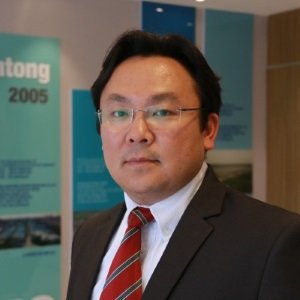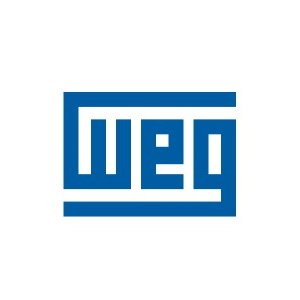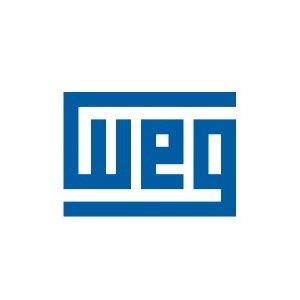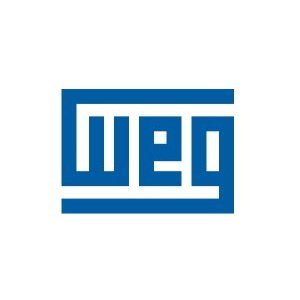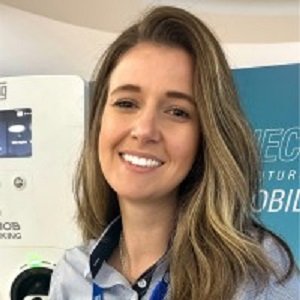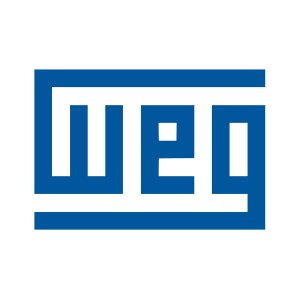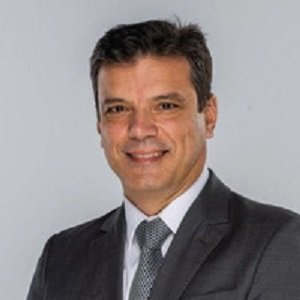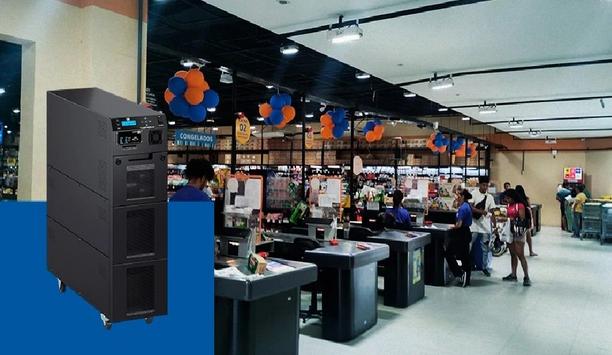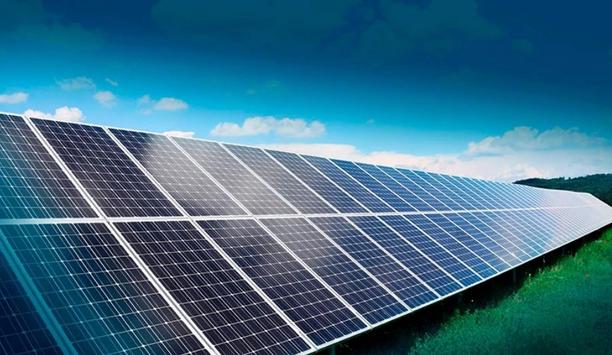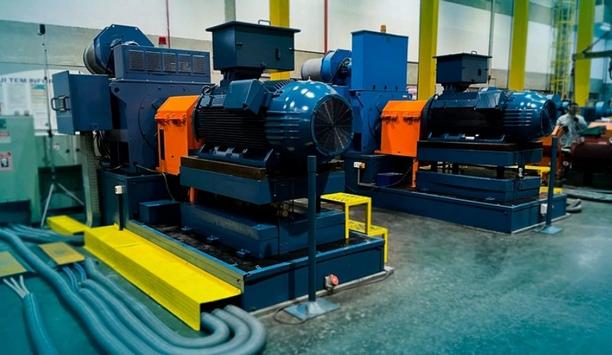WEG - Experts & Thought Leaders
Latest WEG news & announcements
WEG supplied uninterruptible power supply (UPS) systems, models Thor and Corporate, to RMC Comercio de Alimentos LTDA, a major supermarket chain with 29 locations in the state of Piauí, Brazil. The UPS units were installed at strategic points in the network's operations, ensuring continuous power supply and protection for critical systems such as IT servers, video surveillance, payment processing, and logistics operations, even in the case of power fluctuations or outages. versatility in communication WEG offers a complete line of solutions for critical power, ensuring continuous power supply for systems ranging from 600VA to 1.2MVA, covering everything from residential applications to complex industrial installations. In addition, the company provides batteries for energy storage and rectifiers for powering direct current (DC) systems. Among the wide range of solutions, the RMC group chose the Thor line for its high robustness, which allows for the maintenance of both the control unit and the batteries while the product operates at nominal levels. The Corporate line was selected for its versatility in communication with supervisory systems. robust and redundant solution For RMC, this supply represents an important safety measure to maintain efficient and continuous operations The products ensure the continuous operation of systems essential to the supermarket's operations, avoiding disruptions that could compromise customer service and internal logistics. With battery energy storage, WEG’s UPS systems offer a robust and redundant solution, ensuring the protection of operations and the reliability of critical systems. For RMC, this supply represents an important safety measure to maintain efficient and continuous operations. reliable, and sustainable solutions The supermarket chain, with 29 locations has greater protection against power supply interruptions, ensuring that its checkout, IT, and monitoring systems remain active during electrical fluctuations. This supply reinforces WEG's commitment to offering high-performance, reliable, and sustainable solutions. With a wide network of technical support and a focus on developing customized solutions, WEG ensures its customers have safe and continuous operations, from the start to the end of the production process.
WEG announced the signing of a supply contract with Kroma Energia, in an EPC (Engineering, Procurement, and Construction) model, for the Arapuá photovoltaic solar energy generation complex, valued at approximately R$ 630 million. The scope of supply includes photovoltaic modules, trackers, inverters, power substation, and connection bay with the local utility, involving complete engineering and electromechanical assembly, with commercial operation expected to begin in the first quarter of 2026. Estimated annual production The project will have an installed capacity of 250 MWp, located in Vale do Jaguaribe, in the municipality of Jaguaruana - CE, Brazil, with an estimated annual production of 537 GWh. "This contract symbolizes the relevance and scale of this project, in addition to reinforcing our commitment to energy transition and sustainable development in the country," highlights Manfred Peter Johann, Managing Director of Automation at WEG. "This partnership with WEG represents a crucial milestone for the construction of the Arapuá Complex, reinforcing our commitment to energy transition and sustainability. We are proud to take this decisive step and confident in the lasting benefits it will bring to Brazil's energy future," emphasizes Rodrigo Mello, CEO of Kroma Energia.
WEG has different laboratories in its structure for testing and evaluating the products it develops. WEG's electrical testing laboratory for motors within the power range from 0.10 kW to 400 kW and voltage up to 1000 V in Jaraguá do Sul/SC is one of them, annually audited by globally recognized organizations, such as the Canadian Standards Association (CSA) and the Underwriter Laboratories (UL). This laboratory recently achieved accreditation under the ISO 17025 standard from the INMETRO General Accreditation Coordination (CGCRE), attesting to the level of excellence of the activities conducted, and enabling WEG to provide accredited test reports with worldwide recognition. Testing and calibration laboratories Abroad, WEG’s Mexico laboratory already has this accreditation from EMA (Mexican Accreditation Entity) Abroad, WEG’s Mexico laboratory already has this accreditation from EMA (Mexican Accreditation Entity), and WEG Euro’s laboratory in Portugal is in the process of obtaining it from IPAC (Portuguese Accreditation Institute). ISO 17025 is an exclusive standard for testing and calibration laboratories that determines the laboratory's technical competence to perform its activities accurately and obtain valid, high-quality and reliable results. To achieve accreditation under this standard, laboratories undergo rigorous evaluations, which guarantees their international level. Mutual recognition agreements With accreditation, the laboratory begins to benefit from the international mutual recognition agreements that INMETRO has with ILAC (International Laboratory Accreditation Cooperation), validating the maxim: ‘Tested once, accepted anywhere.’ For WEG, this certification emphasizes the ongoing commitment to improving the quality and reliability of tests, reinforcing the international recognition of its technical competence. Laboratory accreditation according to ISO 17025 is a global seal of credibility and trust.
